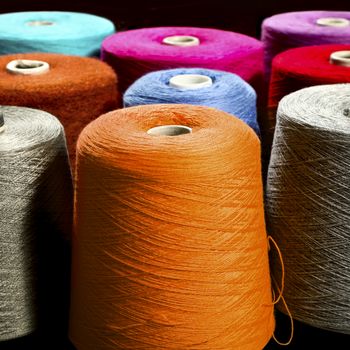
In the textile industry, consumer protection plays an important role. Product labels, such as the Oeko-Tex® Standard 100, are an important mark of quality and often a decisive purchasing factor. But to qualify for this desirable certification, manufacturers must produce all components of their products according to the required criteria and ensure compliance with the prescribed limits.
When purchasing clothing many consumers look for textiles that have been tested for evidence of harmful substances. The product label "Confidence in Textiles - Tested for harmful substances according to Oeko-Tex® Standard 100" is an independent, globally uniform certification system for textiles of all kinds (more information: www.oeko-tex.com).
To be certified according to the Oeko-Tex® Standard 100, all parts of the article must meet the required criteria: for example, in clothing, besides the outer fabric, also sewing threads, zippers, buttons, rivets and other notions and appliqués. For precise analysis of pollutants such as Pb, Cd, Cu, Cr, Ni etc., the non-destructive X-ray fluorescence (XRF) method is ideal. Using this method, it is possible to detect even the smallest concentrations of prohibited or restricted substances in a sample.
The FISCHERSCOPE® X-RAY XDV®-SDD provides an extremely precise measuring system for determining even the slightest traces of banned substances. Fibres and fabrics, whole bobbins of thread or yarn, and even appliqués made of plastic, glass or metal can be checked quickly and easily.
The scope and requirements of Oeko-Tex® testing depend on the intended use of a textile product – the more intensive the skin contact, the stricter the limits. Correspondingly, there are four product classes:
I – Garments and toys for babies and kids under three
II – Fabrics worn directly against the skin
III – Fabrics with little or no direct skin contact
IV – Notions and other decorative materials